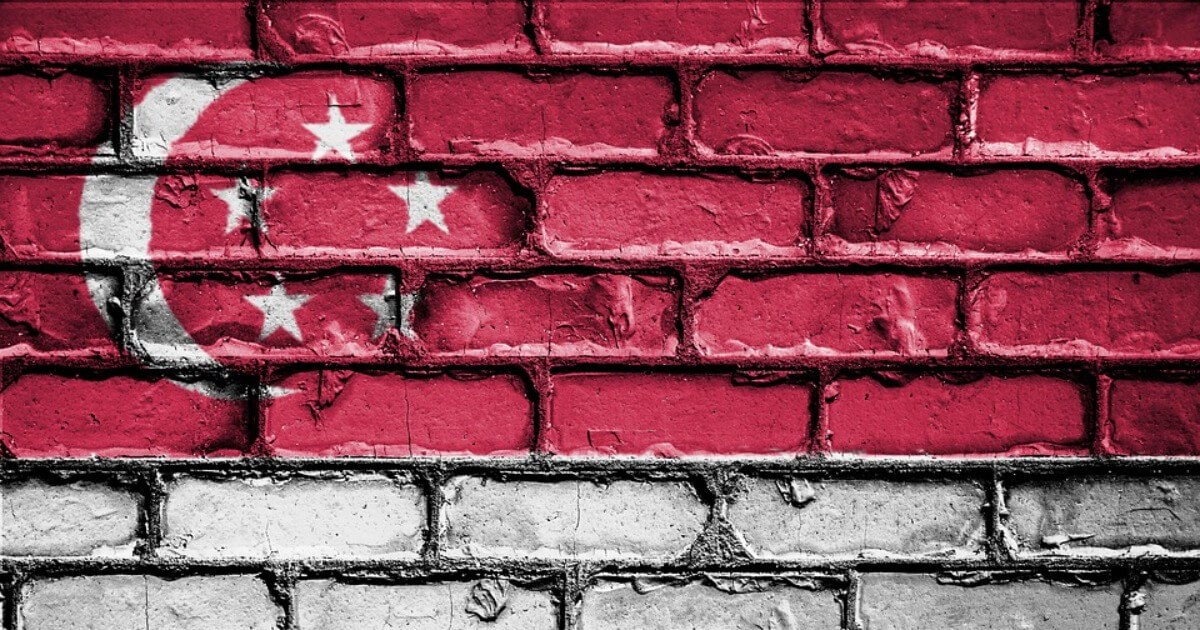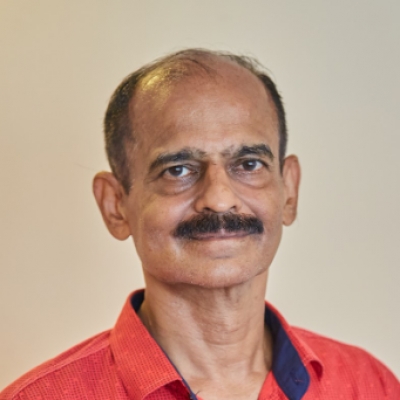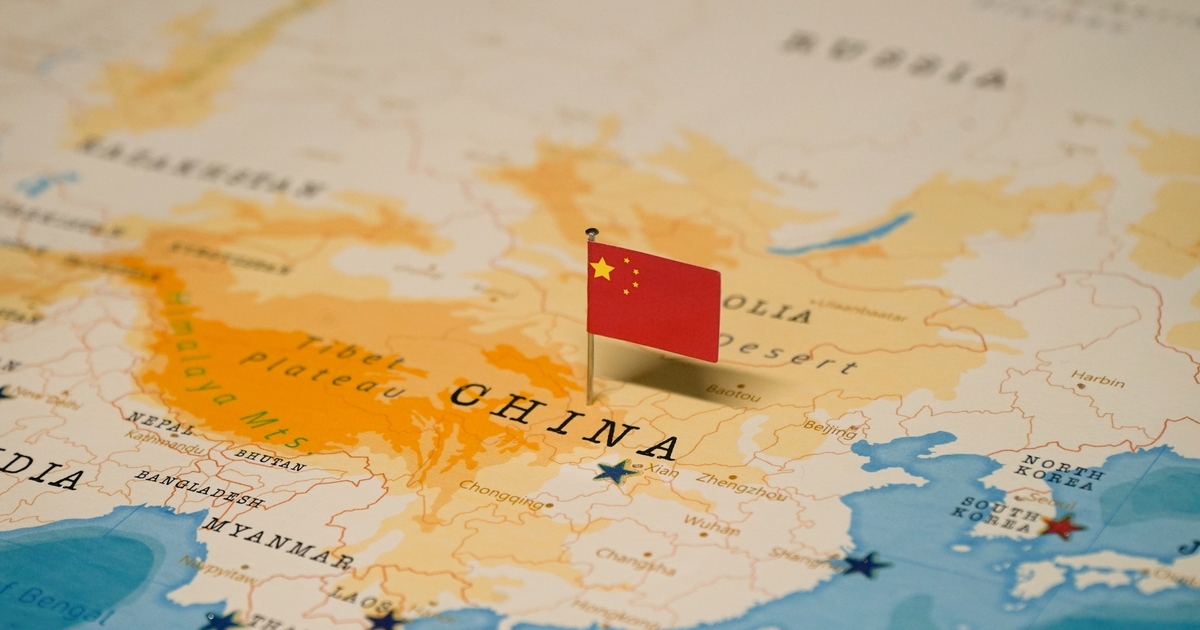Singapore’s 2020 Election: Political Renewal Ahead
Singapore faces a Catch-22: Its well-honed system of leadership renewal relying on capable technocratic candidates is reaching its limits.
July 21, 2020

In the July 10, 2020 elections, Singapore’s political stalwart, the People’s Action Party (PAP), received 61.2% of the vote and won 83 out of 93 seats. That suggests more of the status quo.
And yet, all signs in Singapore are now focused on political renewal. The current Prime Minister Lee Hsien Loong has announced that he will step down before he turns 70, which will be in 2022.
Expectations are that he will hand over to his fourth generation team before then. Heng Swee Kiat, who was made DPM in 2019, is widely expected to be poised to take over as the next Prime Minister.
While the PAP has always sought to run Singaporean politics with smooth political successions, limits to its long-time formula of political success are emerging.
Political apprenticeships
The first element of the PAP’s leadership selection system relies on scouring the Singapore landscape for potential candidates and inviting them for “tea sessions” with party members. The aim is to select candidates based on capability, community contribution and integrity.
Selected candidates stand for elections and those with potential are put on a fast track and groomed to hold ministerial positions.
They are “apprenticed” and “stress tested” by rotating them in a wide range of demanding portfolios and then appointed as ministers based on their performance.
High salaries
The second element of the PAP’s leadership strategy was implemented in the 1990s. Officeholders were paid high salaries competitive with the top layer of the private sector.
The idea was to lower the opportunity cost for capable candidates to pursue a career in politics and government administration as well as to disincentivize corruption.
Many Second and Third Generation leaders were selected for their outstanding technocratic capability. No question, the “apprenticeship’ system has worked very well for the party and the country.
However, as Singapore is moving into the so-called Fourth Generation leadership now, it seems that, based at least on the explosion of messages in the social media, young voters, particularly are less than sanguine about the leadership transition.
Accordingly, the weaknesses of the apprenticeship system are now taking center stage.
Out-of-touch
Over the years, diversity has been diminishing at the cabinet level. An ever larger numbers of ministers comes from the army, civil service or government linked companies (GLC).
More and more are also selected from the same government scholarship programs and undergo a similar political “apprenticeship.”
Many observers believe that, over time, this has led to a generation of leaders who have limited touch with the electorate and the grassroots.
High salaries have further fed the sentiment that the leadership is out-of-touch with the ground as they are insulated from the high cost of living in Singapore.
A Malaysian newspaper, Sin Chew daily, even described Singapore leaders as having “Come from the sky, not from the land.”
A former PAP backbencher, Inderjit Singh, commented after the 2020 elections that:
The world is complex and many of the Fourth Generation leaders don’t have enough experience to solve some of the issues the nation is facing, especially related to the economy and some social issues which need a good feel and touch of grassroots’ issues.
High salaries and high expectations
As intended, high salaries for ministers has enabled Singapore to maintain its reputation for clean government. However, this has been a double-edged sword.
It has also led the public to have high expectations and be less forgiving of any shortcomings, including in the context of the shortcomings in the management of the COVID 19 crisis in Singapore.
Questions have also been raised as to whether high salaries are needed to ensure capable leaders. Comparisons have been made with the leadership in other small countries such as New Zealand and Iceland.
Group think
There is public sentiment in some quarters that similar educational achievements, career backgrounds and political apprenticeship have resulted in group think within policy making circles. This has inevitably led to a less-than-desired robustness of policy debates.
This situation is further exacerbated by the small number of opposition members in Singapore’s Parliament and the existence of only a few civic society organizations which can offer policy alternatives.
In a recent article, Chan Heng Chee, former Ambassador to the United States, wrote “We should seriously discourage group think.” Group think has been highlighted by a number of well-meaning observers as one of the potential threats to Singapore’s future.
It does not help in that regard that the “apprenticeship” system of leadership renewal favors leaders who tend to have a strictly incremental approach to policy making. It also favors risk averse leaders mindful of getting fast tracked through a variety of portfolios.
An early critic of this system was Singapore’s former President Devan Nair who was in office from 1981 to 1985. He said this produced “department store dummies” – his flowery language for a highly technocratic capable leadership with limited political resolve when compared to his founding generation of leaders.
Conflict of interest
The Progress Singapore Party (PSP) has raised its concerns on transparency and conflict of interest in the appointment process. Several ministers and their spouses hold key appointments in the civil service and government linked companies.
Though no specific breaches were brought up, the PSP has highlighted the fact that this trend has the potential to erode corporate governance in the future.
Bold leadership
Many aspects of Singapore’s economic model are being questioned by the electorate and opposition parties.
This includes population growth targets, reliance on foreign workers, rising cost of living, adequacy of pension funds (CPF), public housing leases (HDB) and the role of SMEs and MNCs in the economy.
Many of these issues are based on fundamental assumptions made decades ago. Updating those approaches requires bold leadership which is willing to slaughter “holy cows.”
The view of young Singaporeans
Former PAP backbencher, Inderjit Singh, has commented that young Singaporeans held the view that “Many want to see leaders with vision and have an entrepreneurial mindset like our founding leaders — and not managers, conformists and group thinkers to lead Singapore into the future.”
Meanwhile, the basis of selection, particularly at the ministerial level, continues to be weighted towards academic success and technocratic capability in the civil service and the army.
This produces leaders who are good planners, managers and executors. However, such leaders do not have strong political experience at the grassroots level.
That is why Singapore’s “apprenticeship” selection system is increasingly at odds with the type of leaders the PAP needs for its continued dominance of the political landscape. This is increasingly akin to a Catch-22.
Conclusion
Given the difficult economic outlook over the next few years, it is critical for the PAP to ensure political renewal with widespread public support.
Eventful days may thus be ahead as the PAP factors in the messages from the electorate in 2020 election to recalibrate its future governing plans.
Takeaways
Singapore’s well-honed system of leadership renewal relying on capable technocratic candidates is reaching its limits.
Singapore’s “apprenticeship” selection system is increasingly at odds with the type of leaders the PAP needs for its continued dominance of the political landscape.
Singaporeans question if high salaries are needed to ensure capable leaders -- comparing leaders in other small countries such as New Zealand and Iceland.
There is public sentiment that group think within Singapore’s policy making circles has inevitably led to a less-than-desired robustness of policy debates.
Singapore’s economic model is based on assumptions made decades ago. Updating those approaches requires bold leadership which is willing to slaughter “holy cows.”

